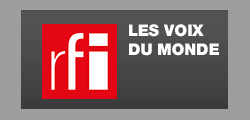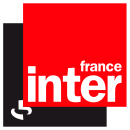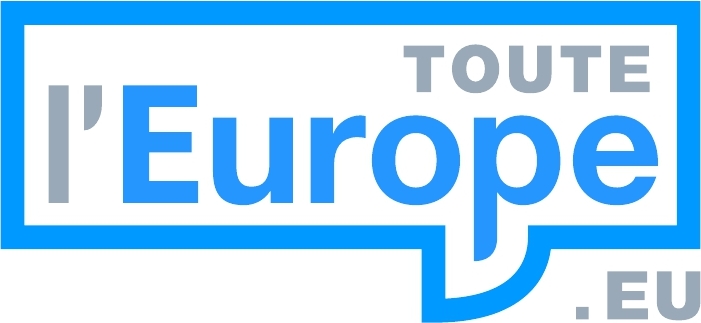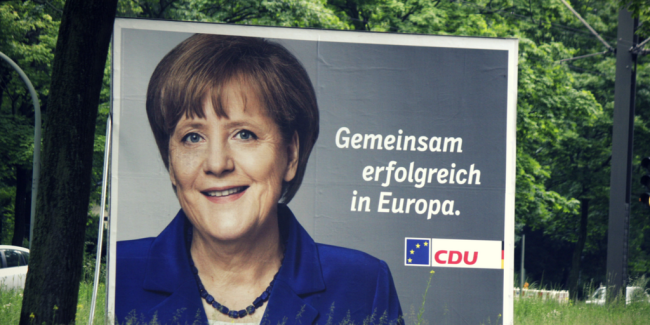German Domestic Policy
The analysis of Germany, at both the national and regional levels, is necessary to understand the contemporary issues that polarize, drive debates, and influence both political parties and the government.


Will Angela Merkel have to pursue a major policy shift?
What political future for the German Chancellor Angela Merkel after a year characterised by the New Years incident in Cologne and the attack in Berlin?


Angela Merkel, ready for a fourth mandate?
The chancellor has launched the battle for the legislative elections. In front of the 1000 delegates of her party (CDU), Angela Merkel was firm on immigration in order to counter the populist right.

A fourth term would also make Merkel longest governing chancellor in Germany
In view of the Brexit and Donald Trump, Angela Merkel announced her candidacy for a 4th mandate to the Chancellery Sunday November 20th. What are her chances? What support can be expected from the German population and parties? Would she be a bulwark against the right-wing populist AfD?
Political scientist Barbara Kunz reacts to the announcement of Angela Merkel.


Germany - between 'welcome culture' and the outbursts of xenophobia
The 3rd of October is a national holiday celebrating German unity since 1990. What has the mass arrival of migrants these past years revealed about German society?

Will Germany be ungovernable after the elections in 2017?
One year before the general elections and even if Angela Merkel remains a favourite, the political scene in Germany seems more fragmented than ever.

Germany: populists weaken Angela Merkel
The party Alternative für Deutschland founded only three years ago against the Euro unites Germans against Berlin's open-door policy. And on the eve of new elections, more and more of those that normally don't vote are joining them.
"Angela Merkel betrayed German traditional values according to some conservatives"
Will Angela Merkel still be chancellor in a years' time? Hans Stark gives an overview over the German political landscape. According to him, the rise of the right wing populists and eurosceptics will continue, but won’t hinder the forming of a government coalition.


Is Germany becoming just like the other European countries?
After the recent electoral setbacks for Angela Merkel which saw the party Alternative for Germany (AfD) enter yet another two regional parliaments (Berlin and Mecklenburg-Western Pomerania), is there a possiblity for Germany to become just like the other European countries?




Tillykke, tillykke, tillykke: Europas nationalister jubler over »lussing« til Merkel
"Congratulations, Congratulations, Congratulations : Europe's nationalists welcome the "slap" for Merkel.
Support independent French research
Ifri, a foundation recognized as being of public utility, relies largely on private donors – companies and individuals – to guarantee its sustainability and intellectual independence. Through their funding, donors help maintain the Institute's position among the world's leading think tanks. By benefiting from an internationally recognized network and expertise, donors refine their understanding of geopolitical risk and its consequences on global politics and the economy. In 2025, Ifri supports more than 80 French and foreign companies and organizations.











